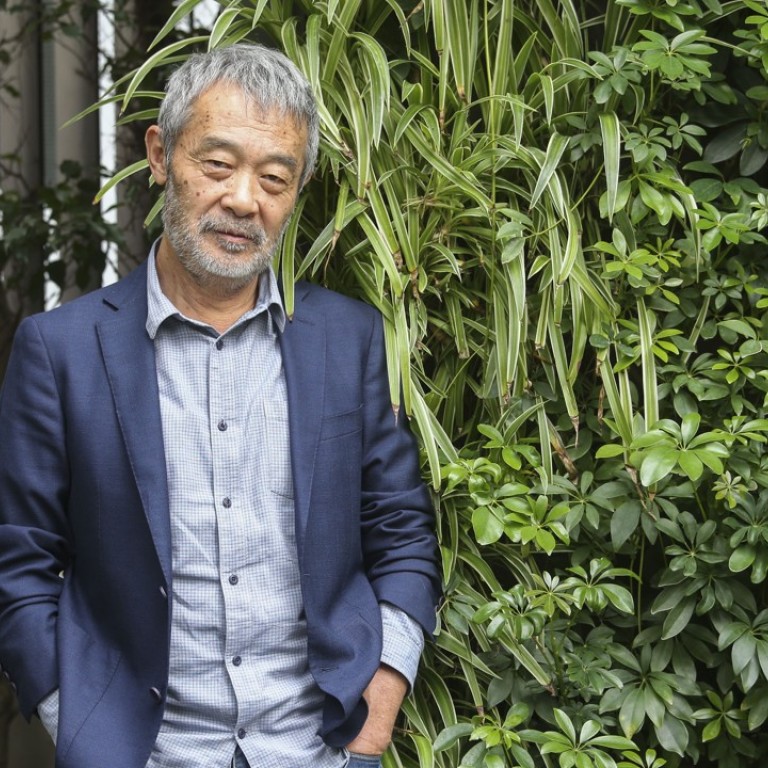
Chinese art-house filmmaker Tian Zhuangzhuang on his Golden Horse-nominated role in Love Education – and why he really ‘can’t act’
One of China’s Fifth Generation filmmakers, Tian has acted in a few minor roles, but was surprised and embarrassed with his recent nominations. He talks about how he is unlikely to act again and his thoughts on his next film
It’s a long story how one of China’s most prominent art-house film directors ended up earning a best actor nomination at the Golden Horse Awards in Taipei – often regarded as the Oscars of Chinese language cinema – but Tian Zhuangzhuang would like to make at least one point clear.
“I won’t become an actor – this much I know,” he tells the Post in a recent interview in Hong Kong. “I’m not one of those actors who can portray a wide range of characters; that’s very clear to me. If I have a chance I’m still going to direct again. I also like teaching – that’s meaningful to me. I’ve made this film and people like my performance, but I don’t think I’ll act again.”
Tian, 65, is referring to his part as a gentle husband and father in actress-filmmaker Sylvia Chang Ai-chia’s acclaimed relationship drama Love Education, which received seven Golden Horse nominations, but did not take home any prizes in the end. While it was presumably a little disappointing to the cast and crew, Tian doesn’t sound like he is too bothered.
Miriam Yeung on her love for Wonder Woman, gaining wisdom through time, and her upcoming Canto-pop concert series
“To tell you how I really feel from the bottom of my heart: I don’t think I can act – when you look at it from a professional perspective,” he says of his own nomination. “The truth is that I feel a little bit ashamed to be nominated alongside these other professional actors. I’ve merely taken advantage of a really well-written character.”
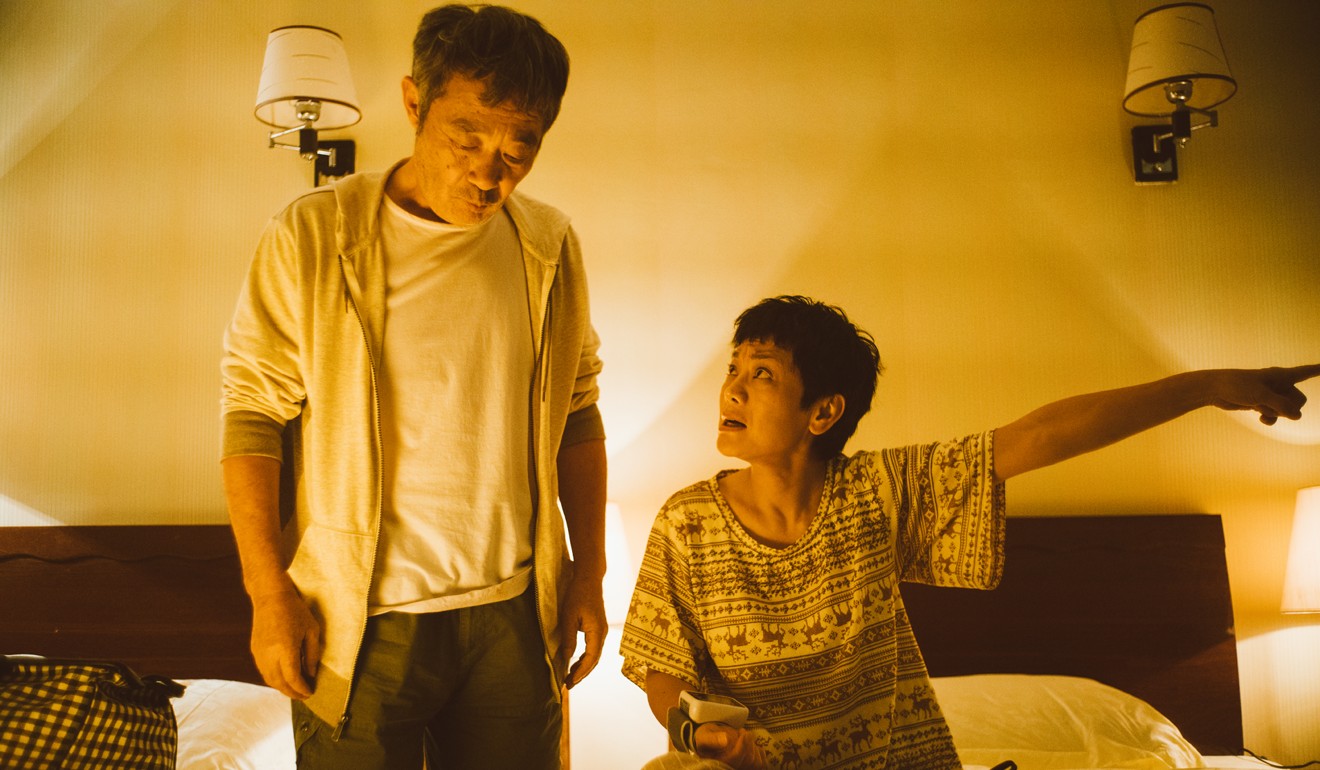
“I can’t say I’m playing myself there,” he bursts into laughter. “I’m not such a warm and responsible person in real life. I feel that I need to explore this character and think a lot before playing it.” The docile role has, however, earned Tian more than a few new fans, a fact he struggles to process with a straight face.

“I was more concerned about other people on the set, like, ‘Am I blocking their view [on camera]?’ I’m not a professional. And I also thought, ‘Can I just skip to the side [and out of the camera’s view]? I think about these things. … I was only afraid that I hadn’t done well enough, that I had a negative influence on [Chang’s] film. After all, I’m not an actor.”
John Woo on the making of Manhunt, Hong Kong and Chinese cinema, and budget versus action movies
A representative figure of China’s fabled “Fifth Generation” filmmakers alongside Chen Kaige and Zhang Yimou, Tian has, in fact, appeared as an actor in a few other films, albeit never in a role as high-profile as the one in Love Education.
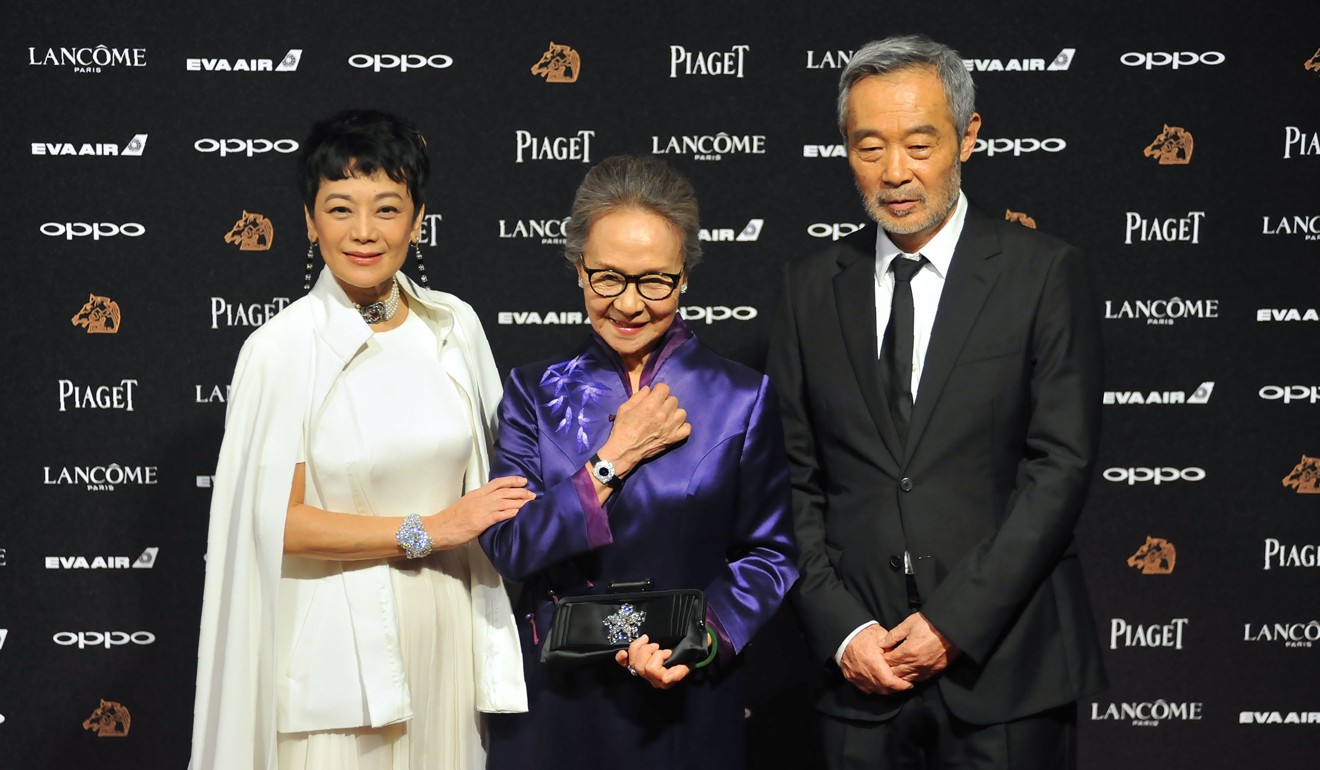
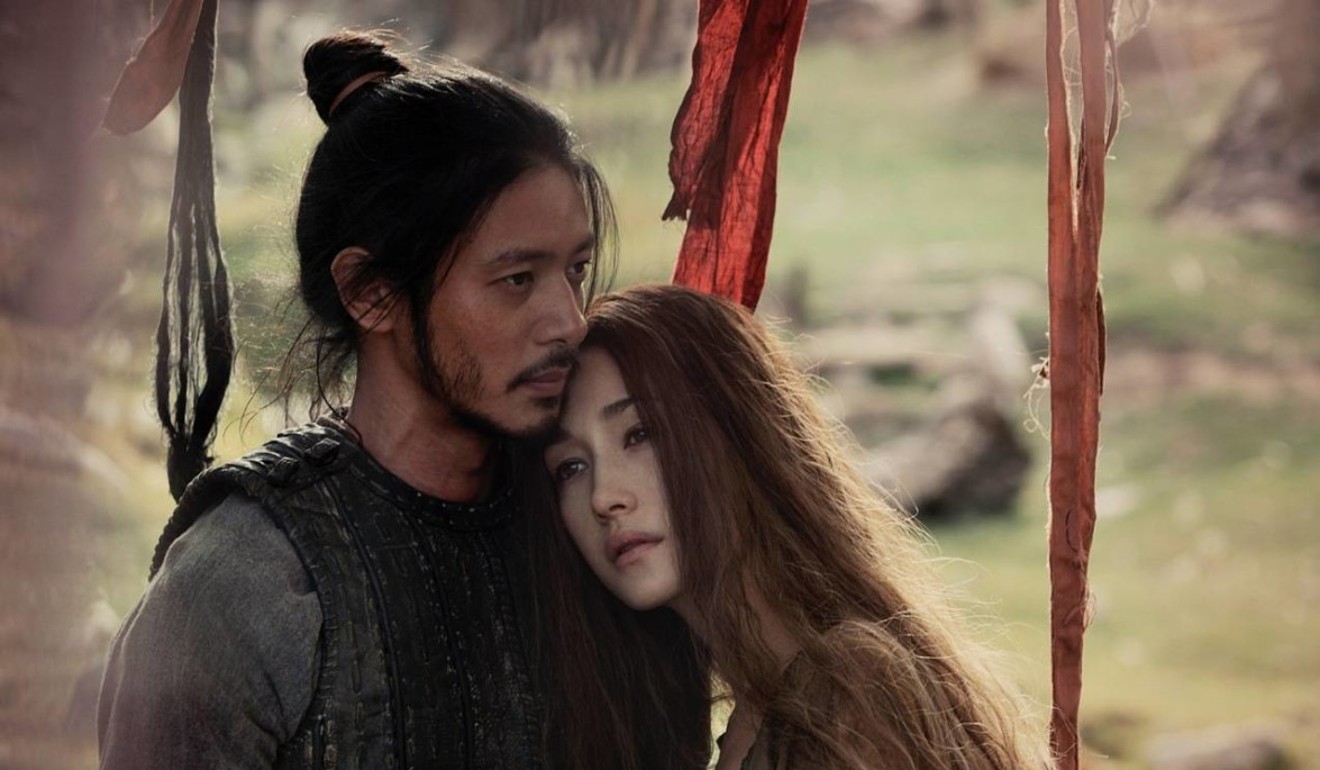
Tian recalls how the project was initiated – when the Taiwanese auteur Hou Hsiao-hsien brought him Yasushi Inoue’s short story, on which the film is loosely based – and went through more than a decade in pre-production limbo, when the screenplay went through countless drafts before Tian settled on his own fatalistic take.
The Assassin: the film Hou Hsiao-hsien wanted to make since he was a boy
He is not at all apologetic about his vision, however. “That film is about the fate of people, but it’s not easy for everyone to understand that subject. In China, a Communist country, people don’t believe in fate; they don’t think they could be affected by it. … But it’s OK. Maybe after some time, people will have a different take on the film.”
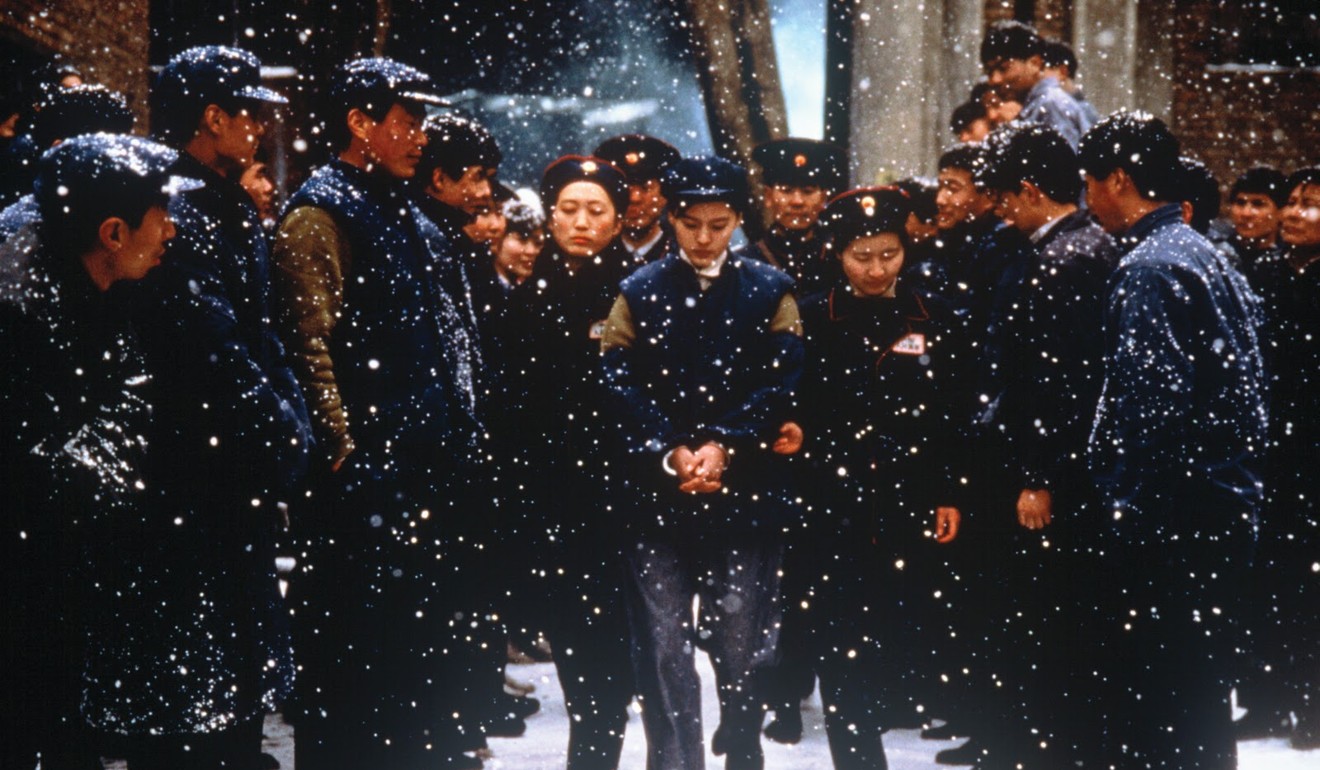
“I’m one of those directors whose films are for the minority audience group,” he explains. “I don’t want to give my [producer] friends trouble, but I also need to find a project that suits me. If a suitable opportunity with favourable conditions comes along, I may direct a film again. But I won’t force myself. Must I direct another film? I have this hope but it’s not my ultimate objective.”
While Tian’s directing career seems to be at a standstill, two of his Fifth Generation contemporaries are going as strong as ever. Tian says he has watched some of the recent films by Chen Kaige and Zhang Yimou, but not all.
Legend of the Demon Cat: Chen Kaige adapts to China’s changed cinematic landscape with lavish production
Tian played a part in Chen’s Monk Comes Down the Mountain (2015) and is really looking forward to checking out the upcoming Legend of the Demon Cat, because “I grew up with Kaige and I understand him”.
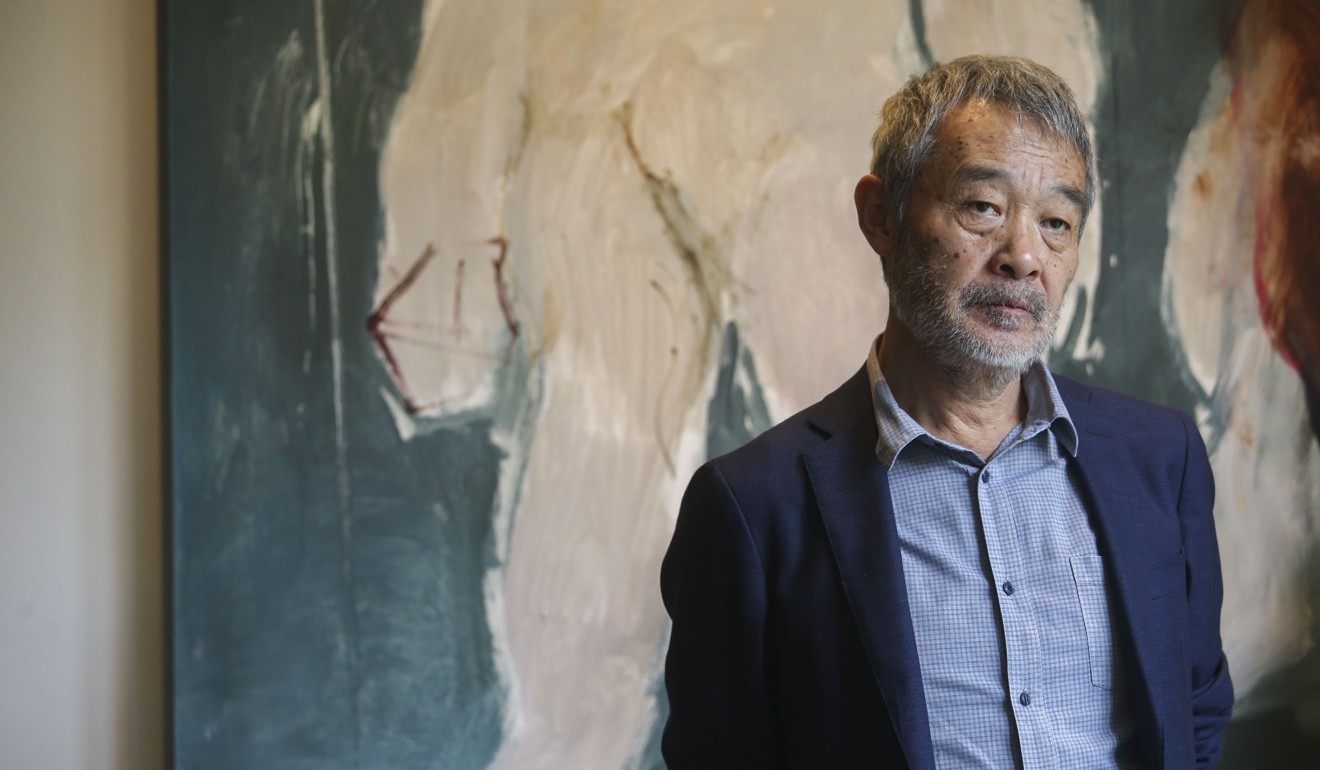
“Because you really couldn’t call that a Zhang Yimou film, could you? Whether he made that film for the money or something else, I don’t know. But I understand that his interest in film is quite broad, so I wouldn’t be surprised no matter what kind of films he’s making.”
Regardless of the quality of Chen and Zhang’s new films, Tian says he has “a lot of respect for their work attitude”. “I think they’ve passed the stage where they still need fame or fortune – well, fortune, maybe they could still want more, but fame, they’re probably good. They’re famous enough and won’t get any more famous. So in a way, it shows that they still love cinema enough to stay connected with it.”
Zhang Yimou talks The Great Wall, China’s most expensive movie ever, and again defends Matt Damon’s casting
As our interview draws to a close, I ask Tian if he’s thinking about his next film. He is much more forthcoming this time. “Yes, I do think about it,” he says, “I think about it every day. I have a lot of ideas – as for how I’m going to complete them and realise them [in actual productions], I don’t know. Let’s take one step at a time.”
Love Education opens on December 14
Want more articles like this? Follow SCMP Film on Facebook

